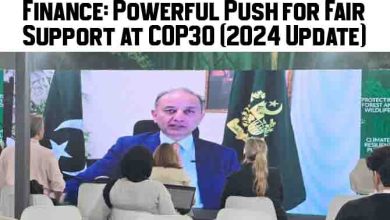Chairman Haji Kamran Nazir Hails WSSP’s Decision For Awarding Model Status To Ghazi Street
Chairman Haji Kamran Nazir on Tuesday hailed the decision of Water Supply and Sanitation Company Peshawar (WSSP) for awarding a model status to Ghazi Street in Peshawar Neighborhood Council-1 Afridi Garhi
PESHAWAR : Chairman Haji Kamran Nazir on Tuesday hailed the decision of Water Supply and Sanitation Company Peshawar (WSSP) for awarding a model status to Ghazi Street in Peshawar Neighborhood Council-1 Afridi Garhi.
In this regard, WSSP’s Field Officer Izzatullah Khan and Community Development Officer Qaiser Ali along with other officials attended a ceremony on behalf of WSSP and UNICEF.
Haji Kamran Nazir thanked the WSSP officials for awarding the status of Model Street to a street of his Neighborhood Council for the first time and assured that he would endeavour his level best to convert all the streets of this neighborhood into model streets with the active support of the locals wherein all civic facilities including the sanitation and clean drinking water would be made available.







